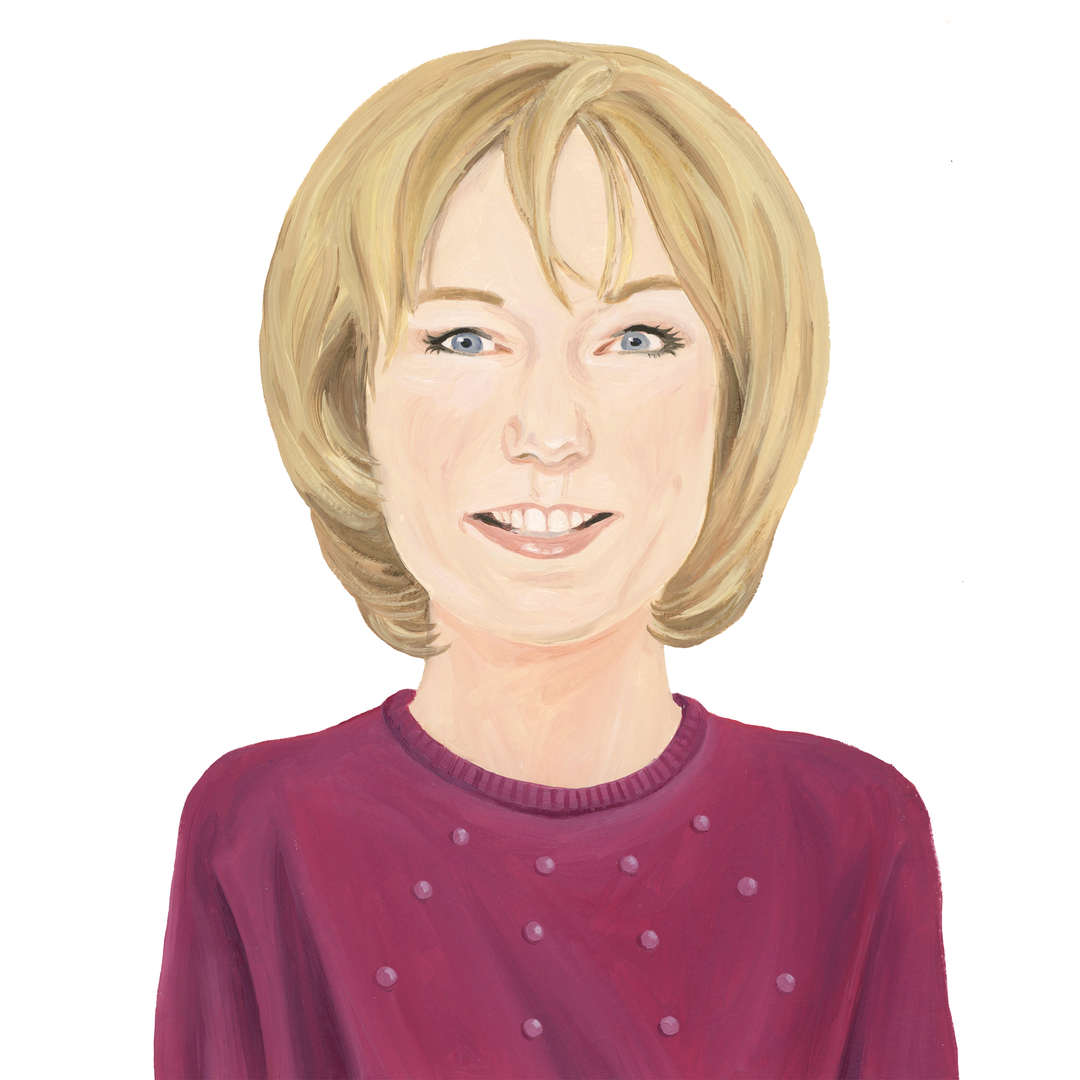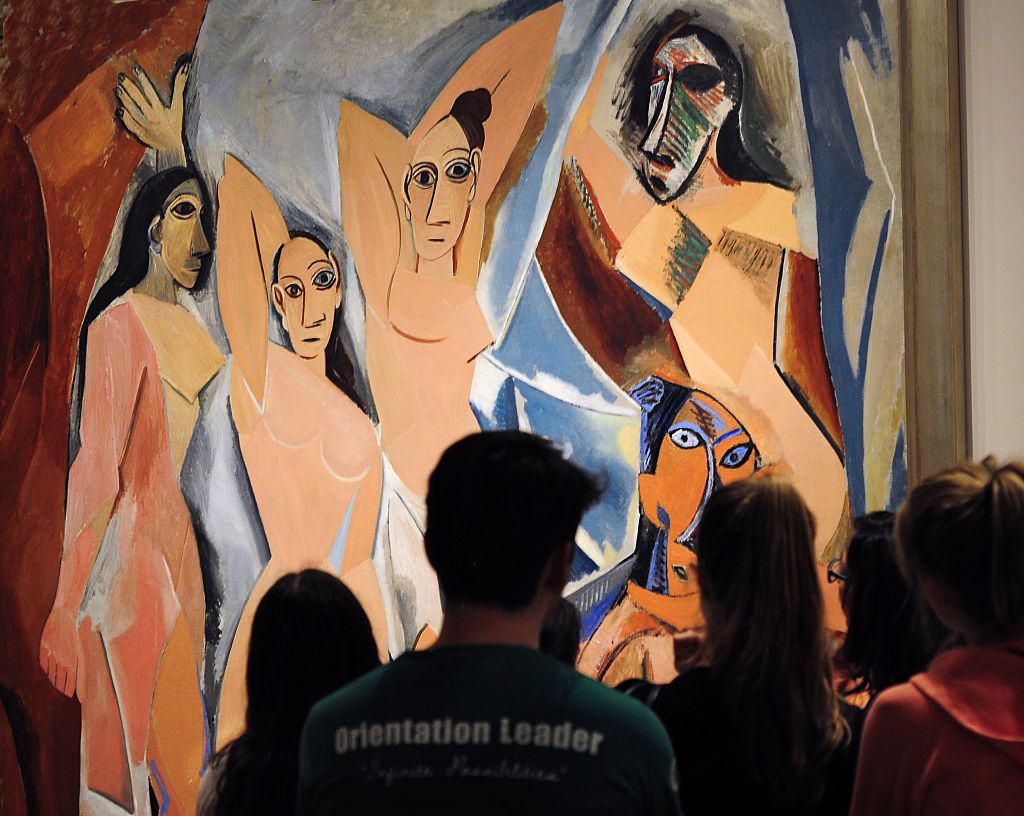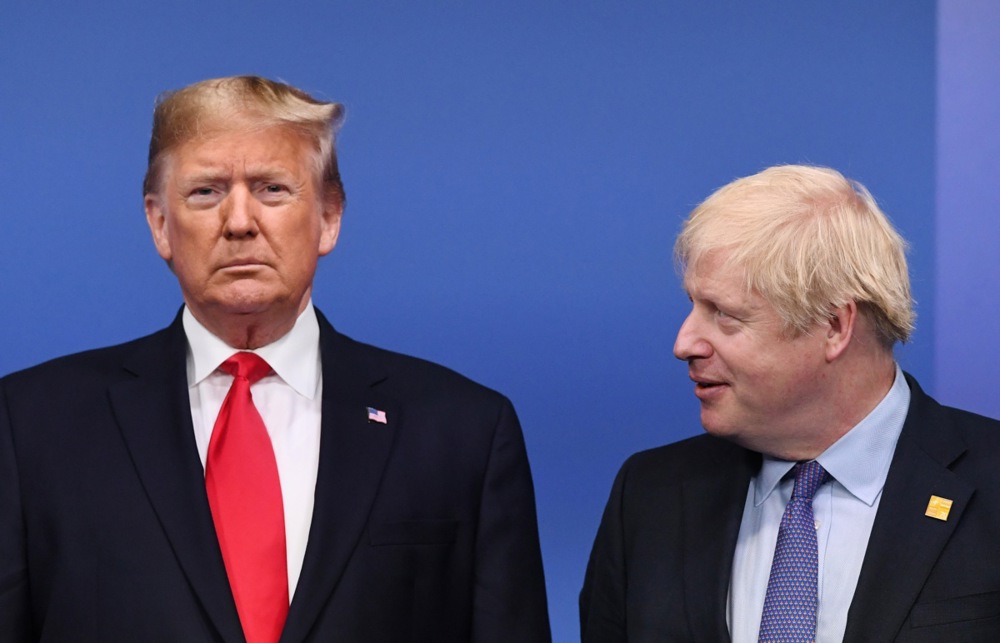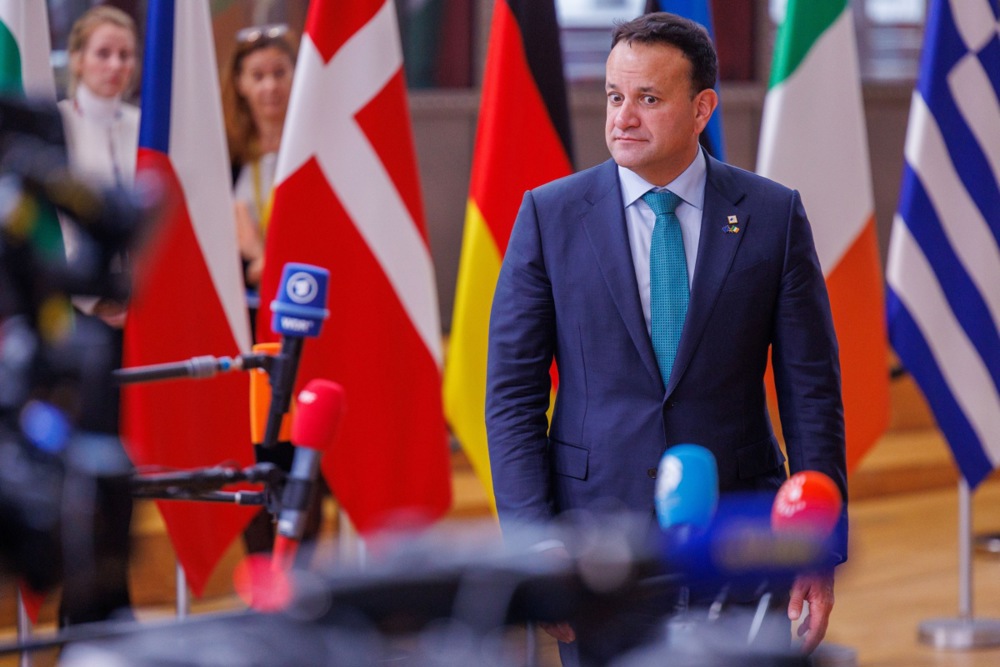Whenever I write about Ireland, I recall a poll run in Japan some years ago which showed most Japanese did not know there was a difference between Ireland and Iceland.
I remember that when I write about Ireland for Continental readers, in whose minds I realise there is little difference in political importance between Ireland and Slovenia. Or would that be Slovakia.
Yet what is now happening in Irish politics ought to be watched. It is something that can be, is being, repeated across Europe.
Populists and independents are undermining the main political parties.
In Ireland, though, the parties’ leaderships will not yet admit it.
The only threat they will admit to the historical dominant twosome of Fine Gael and Fianna Fail has been Sinn Fein, the political wing of the Provisional IRA.
But something else is happening now.
The best example can be found in the election this week of the new leader of the Fine Gael party, Simon Harris. He takes over as Taoiseach, or prime minister, from Leo Varadkar, to lead a coalition government of Fine Gael, Fianna Fail and the Green party.
All is going as usual when a new leader takes over. The party is trying to build up enthusiasm for Harris, a career politician, repeating that he is young at 37, dynamic and all over TikTok.
He wants to “reset, reconnect and renew.” He has “a vision for Ireland that is about equality of opportunity.”
That is it, is it? He is giving the electorate three-word slogans and a demand for equality, whatever that means.
The people are desperate for housing, for some relief from the cost of living and the pressure of mass immigration.
To which Harris replies “renew, reconnect and renew!”
Harris, like the rest of Fine Gael and the other main parties, is not listening to the voters. They say, the country is rich, there is a fiscal surplus, what’s the problem?
If you want to find the problem, consider this.
Earlier this month the voters rejected overwhelmingly two constitutional amendments backed by all the main parties. The amendments had to do with women and the family, both very “modern,” in part stripping out the traditional role of women in the home.
Both were rejected by 70 to 80 percent of the voters of the main parties, indeed by 88 percent of Sinn Fein voters.
That was not just a rejection, that was a popular scream equal to the Munch painting of the howling face.
What is the Harris reply? So far, “we must fight against populism.”
The party politicians will not listen to the scream.
More observant people do.
David McWilliams, an economist, broadcaster and author, said last week, “There is anger on the streets, and I think this is the early shots of that war.”
“An old system of NGOs, political parties, political hacks, etc, moving in one direction and you have a population moving in a completely different direction.”
“I now think that the Irish population is completely up for grabs, and I don’t think we have any idea what this country is going to look like in five years’ time politically.”
Ivan Yates, a former Fine Gael government minister who retired from politics in 2002, is a well-known commentator on Irish politics. Last week he observed the politicians’ reaction to the referendum: political leaders “don’t listen.”
“You have to ask if this is the end of the liberal agenda – divorce, abortion, marriage equality. The woke agenda doesn’t resonate with ordinary people, the trans business, assisted dying.”
He echoes McWilliams: “There is an anger out there.”
“Harris has to get back to basics, sort out housing and planning. Anything else is just going to antagonise people.”
Yet Harris is going right on with the liberal agenda.
People are screaming for housing, and Harris offers “enterprise.” It is hard to be enterprising when you are 34, forced to live with your parents because you cannot afford a house.
Then he offers “security.” Check out the knife crime, hard drug crime and gang crime in the streets. Harris and Fine Gael nothing for that, despite being in government for almost 14 years.
Some laneways in the centre of Dublin have now been closed off because the amount of drugs, prostitution and general revolting activities going on in them have made them intolerable. Businessmen and residents are screaming, but nothing happens.
Harris has been active in politics since he was 15. He has structured his career as any Irish politician of the last 50 years would do, up local politics to a seat in the Dail, the lower house of parliament, and now to the leadership.
He appears to listen only to NGOs, political parties and political hacks. In other words, to political fashion.
This is odd, given Harris’ background. He grew up in Greystones, a town south of Dublin in County Wicklow. Until housing pressure recently built-up numbers of outsiders – “blow-ins,” as the Irish have it – Greystones was noted for its high number of Protestant middle-class residents. It was known as an “Anglo-stan.”
Yet Harris’s father was a Catholic taxi driver in the Anglo-stan. You might have expected him to stay in touch with such working-class people as he climbed up politics.
Apparently not. He just wants to be “a gifted political communicator.” But his communication is one way. It is not two ways, and he is learning nothing of what the people need now.
None of it may matter anyway. Even before the change of leader, Fine Gael has been looking at a wipe out in the next election.
Already ten of Fine Gael’s 33 members of the Dail are refusing to stand at the election, which must take place before March 2025.
One reckoning is that Harris wants to go ahead and be in opposition to a government led by Sinn Fein, the single most popular party. During that time he will rebuild Fine Gael.
That would be five years, maybe ten years in the rebuild. Yet in five years, certainly ten years, Ireland will be unrecognisable. Populists and independents are coming in hard. Old party style Harris will be overtaken by what is coming next.
And that is – well, hard to say. Certainly, McWilliams says, “Society is not at ease with itself. Society is bubbling up under the surface.”
“We are at an inflection point that is much bigger than we think.”
“Because the country has got rich, because on paper the country is more cosmopolitan, much wealthier, a much more liberal place, the assumption was that that’s all fine.”
“Now you are finding out that it is not.”
Listen to the scream.






No more stupid wars: The West must not allow itself to be dragged further into the Russia-Ukraine war